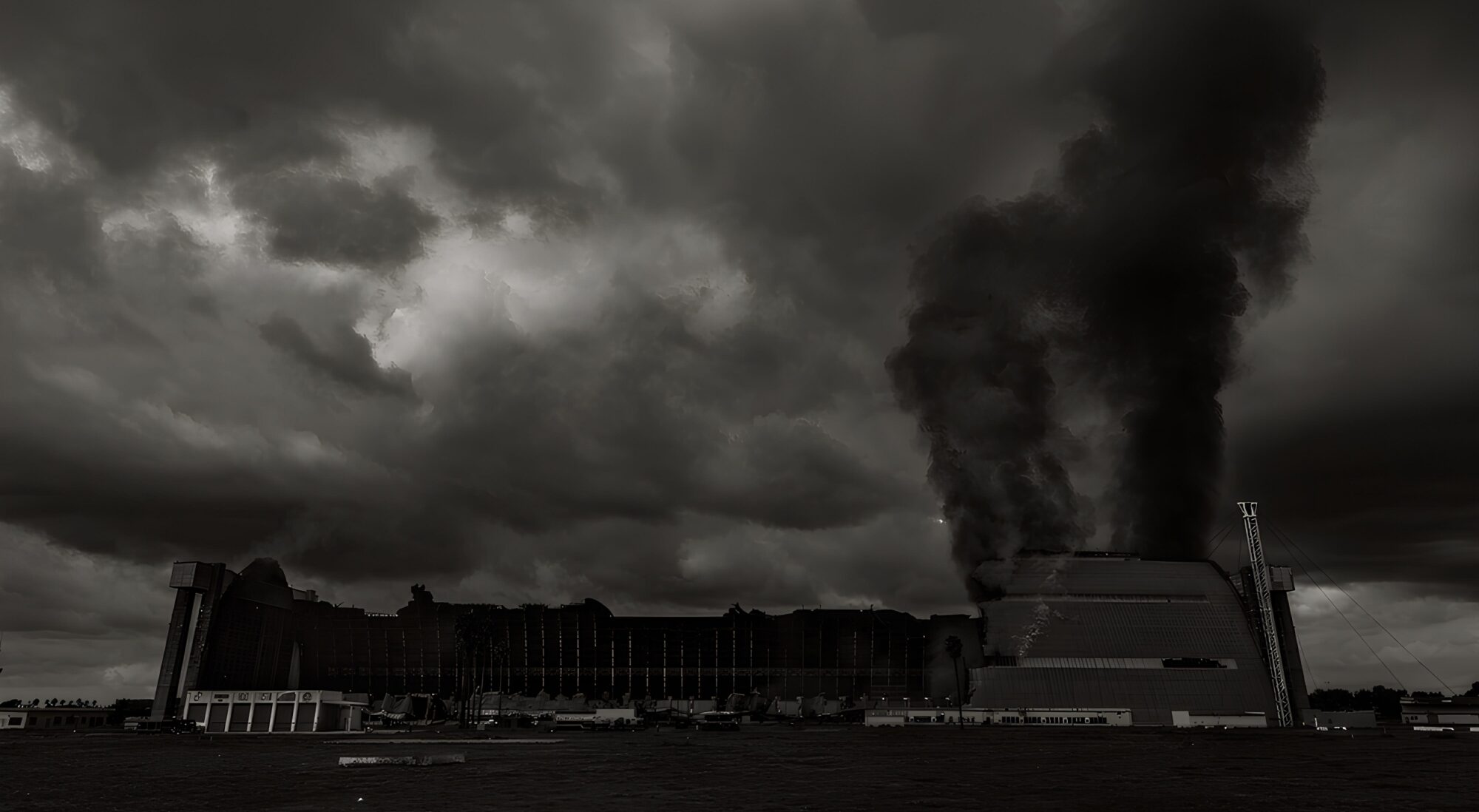New York (CNN Business)Dallas resident DeAndre Upshaw said it was “very shocking” when he opened his latest electricity bill.
“While I’m trying to get gas and groceries and make sure that my pipes don’t explode, the last thing I’m thinking about is a $7,000 bill from my utility company,” Upshaw told CNN’s Fredricka Whitfield via Skype Saturday.
As Texas struggles to recover from a deep freeze that has killed dozens, some customers in Texas like Upshaw are facing unprecedented price hikes in their energy bills as a result of the recent snow storm. Texas officials say they are investigating.
Texas’ utility regulator, Public Utility Commission of Texas (PUCT), said Saturday that it is investigating “the factors that combined with the devastating winter weather to disrupt the flow of power to millions of Texas homes.”
It’s also giving customers a way to use an emergency provider in the event their current provider is not available, but it’s likely that this program doesn’t apply to people who voluntarily changed their electricity company.
CNN reached out to PUCT for clarification but did not immediately hear back.
Texas Gov. Greg Abbott is convening an emergency meeting to look into the situation, he said in a statement.
“It is unacceptable for Texans who suffered through days in the freezing cold without electricity or heat to now be hit with skyrocketing energy costs,” Abbott said. “To protect families, I am actively working with the Lieutenant Governor, the Speaker of the House and members of the Legislature to develop solutions to ensure that Texans are not on the hook for unreasonable spikes in their energy bills.”
One energy company called Griddy suggested that their customers look for another provider if the prices were too high.
Upshaw told CNN he attempted to switch from Griddy to another electric provider, but the new company kept pushing back his start date.
Griddy charges customers at a market rate that varies depending on current power prices. Its website says that customers “pay exactly the price we buy electricity at.” But with the winter storm wreaking havoc on Texas’ power grid, Griddy’s pricing shot up.
In Texas, customers can choose to pay for a fixed plan instead, and Griddy began to encourage them to do so, in a statement on Monday.
“While we value our members, we want what is best for their wallet and family even more, even if that means helping them switch away to our competitors,” the company said.
On Thursday Griddy said that it is seeking relief from Texas utility regulators and is “committed to crediting customers for any relief, dollar-for-dollar.”
For the time being, Upshaw, the Dallas resident, has switched his credit card on file with Griddy to one that has been maxed out to ensure he can’t be charged for more. Yet even as he has been conserving power, his bill continued to rise, he said.
Neighbors and friends who have accounts with Griddy told Upshaw that the charges “knocked out their entire checking account, went into their savings account, they can’t pay their rent,” he said.
“We have friends who are without power for 48 hours who came (over to my house), and I said, I mean, we’re paying for this electricity, might as well have other people use it,” said Upshaw, adding that he’s thankful he’s alive and healthy.
In a statement released Friday, the Railroad Commission of Texas says it is working to keep natural gas flowing into the state in an effort to “avoid situations where customers may get unusually high bills in the coming weeks.”
The state agency says that it is working with “energy producers, pipeline operators, and electric regulators to provide the support they need for natural gas deliveries.”
Although established as a railroad regulator, the commission has been regulating the oil and gas industry in the state from almost 100 years, according to the group’s website.
“Texans have gone through enough hardship during this winter storm without having to worry about unexpected additional energy costs,”
Commissioner Wayne Christian said in the statement. “Our agency will do everything in our power to ensure utilities have plenty of time to get caught up on these unexpected expenses, so consumers are not unduly burdened.”
https://www.cnn.com/2021/02/20/business/texas-electricity-bills-griddy-puct/index.html
CNN’s Melissa Mahtani and Adrienne Vogt contributed to this report.
